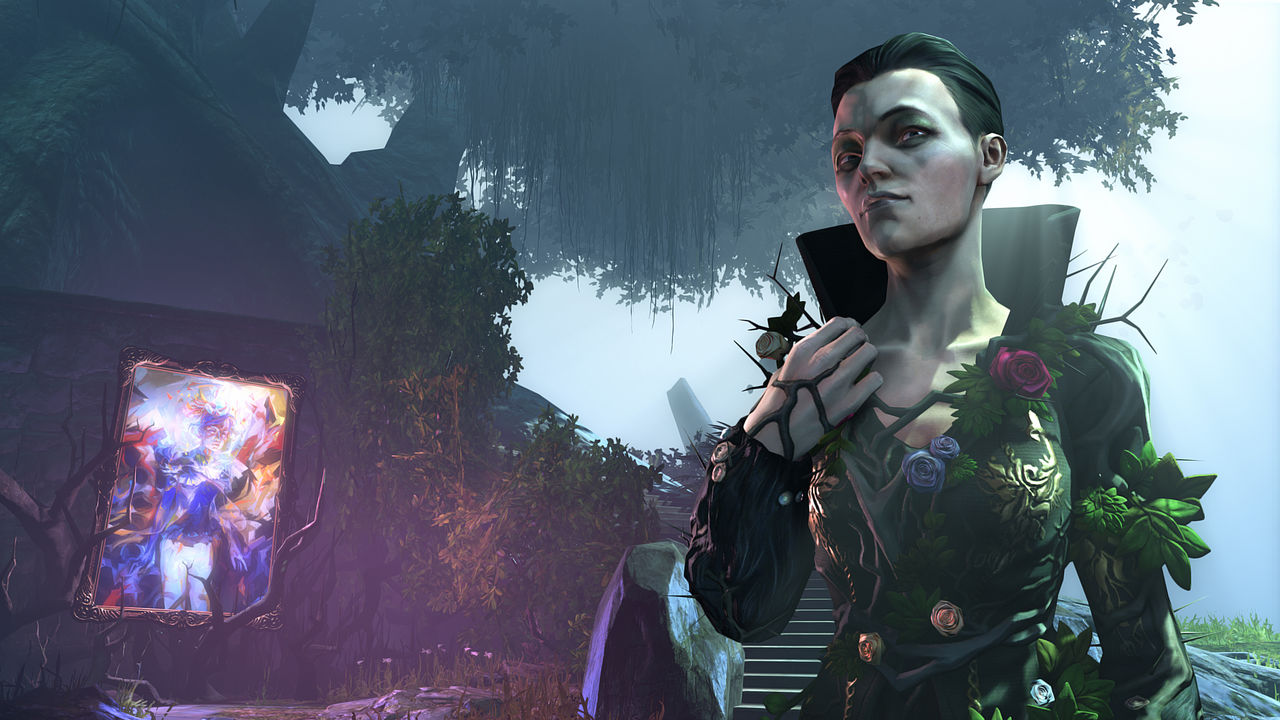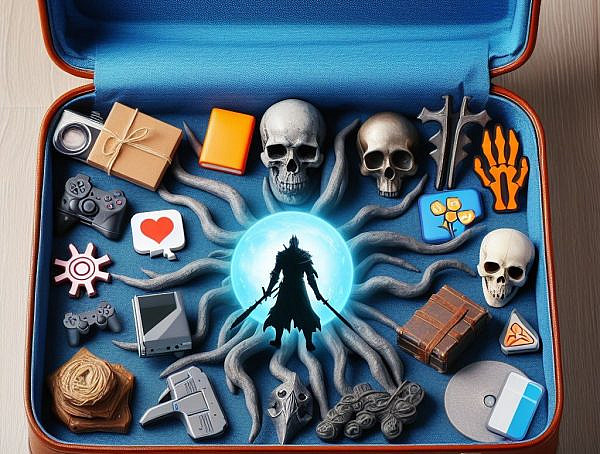“Disenchanting Faith—Religion and Authority in the Dishonored Universe,” explores the role of authority in the Dishonored series, specifically in connection to the perceived legitimacy of the religious powers in the game.
Rautalahti looks at how video games reflect real world culture and performs game content analysis to show how religious authority is represented in game. Looking at revenge as a theme, she explains how player choice alters the narrative and the ways that different authority figures tie in to the overall story.
Max Weber’s tripartite ideals of authority are first summarized. These ideals define the act of legitimizing authority to maintain power, something Rautalahti shows Dishonored as dismissing entirely. The base of authority according to Weber, is economic and civil, but to maintain power, one must also embody an ideal: traditional (respected citizen leader ie: tribal chief), charismatic (domineering personality ie: religious figure), or legal (official channels/hierarchies). With these ideals in mind, Rautalahti examines the tension between the antagonist religious groups, the protagonist, and the common people in the game.
The Abbey of the Everyman, Delilah Copperspoon, and the Outsider are all found to be legitimate ideal authorities: traditional/legal, charismatic/traditional, and charismatic respectively. The Outsider also plays the part of a deity who bestows powers on a select few. While all three groups adhere to an ideal of authority, the games dismiss this authority as seen in gameplay and the environment.
Questioning authority is a key element of the story. The game, through the perspective of Daud, an assassin, challenges the player to ponder the ability or right of anyone to legitimately hold the power of the Outsider, quoting: “…the Outsider gets to choose who wields his black magic, and who cowers in the dark. That’s something no one should decide” (pp. 9). In fact, the game’s whole point is that of questioning who has the right to control society.
Rautalahti sees this as a comment on traditional religious methods of control as well as a critique on politics and power in general. The portrayal of the Abbey and the opposition of the protagonist suggests a reflection of negative views of traditional religious authority, while the charismatic leader persona is dismissed as a wild fanatic.
Rautalahti holds that the ideal ruler, according to Dishonored, must care about the people they rule over. Negligence is demonstrated by the Abbey by being too controlling and brutal to the common people. Delilah falls short by treating her followers as less than she is, and the Outsider loses legitimacy based on a much different reason – being exposed as not being a god. The authority that remains is that of the protagonist who holds power that is based, not on the ideals, but by not being one of the untrustworthy authorities. The game dismisses all the power of religious figures and even deities, holding up the authority of the self.
Rautalahti, H. (2018). Disenchanting faith—Religion and authority in the Dishonored universe. Religions, 9(5). doi:10.3390/rel9050146
You might also like
More from Game Research Highlights
How do you want to do this? – A look into the therapeutic uses of role-playing games
Can playing RPGs contribute positively to your wellbeing? A recent study aims to find out how RPGs are being used …
Eldritch horrors and tentacles – Defining what “Lovecraftian” is in games
H.P. Lovecrafts legacy lives today in the shared world of Cthulhu Mythos and its iconic monsters. Prema Arasu defines the …
Are Souls Games the Contemporary Myths?
Dom Ford’s Approaching FromSoftware’s Souls Games as Myth reveals the Souls series as a modern mythology where gods fall, desires …
















